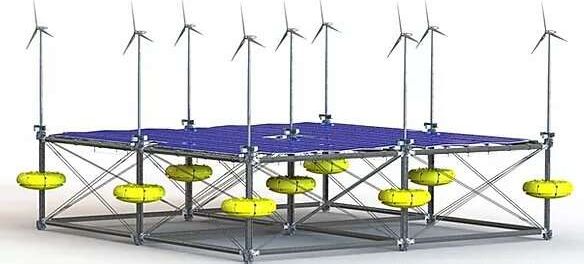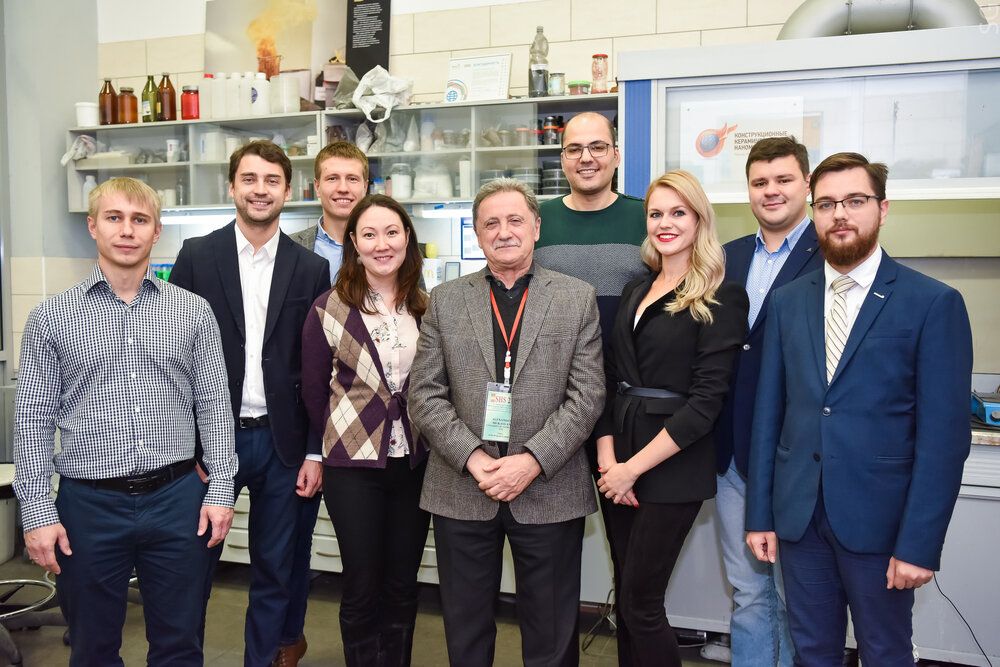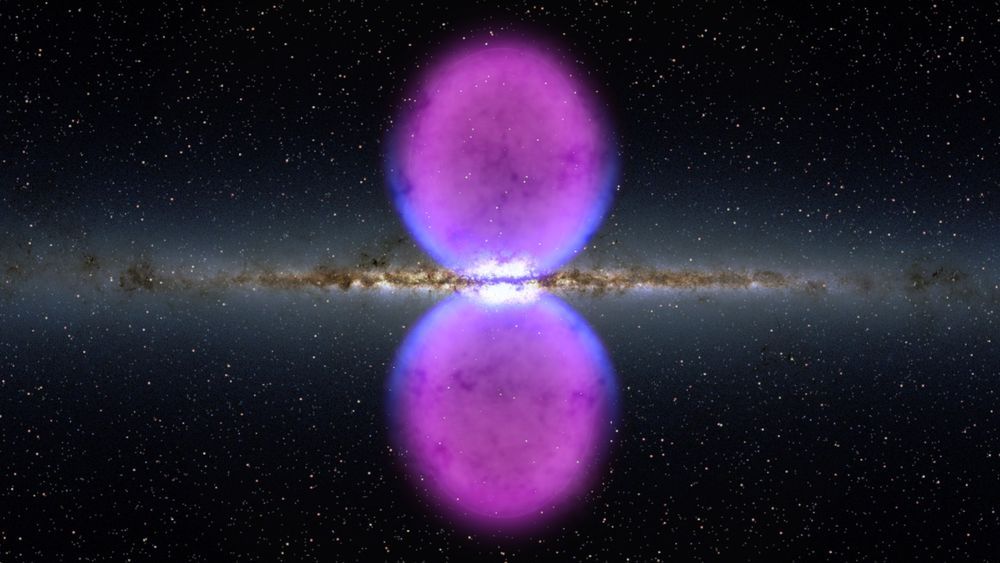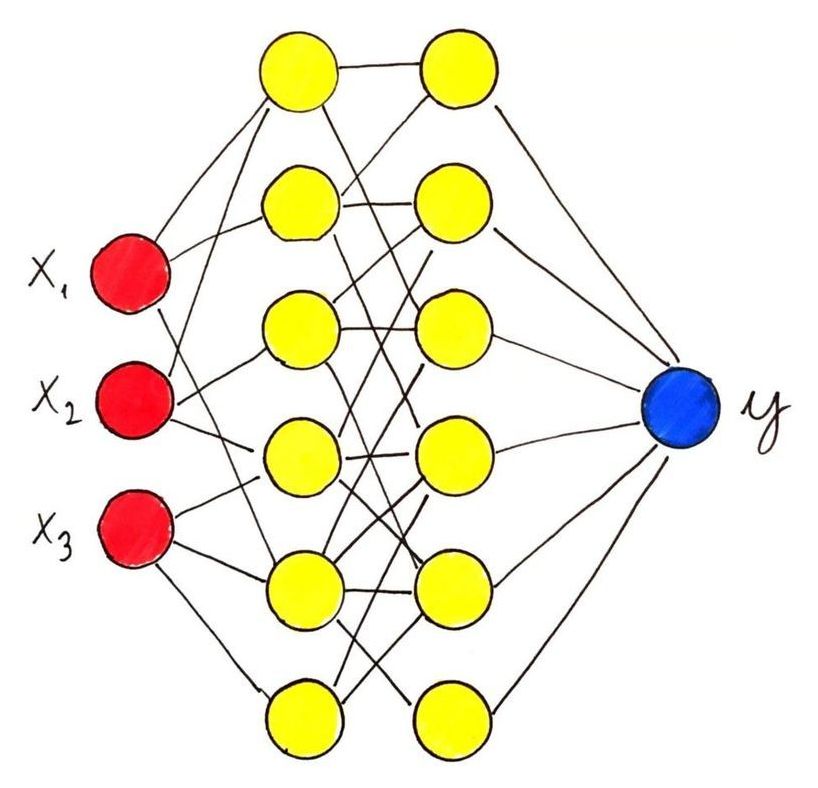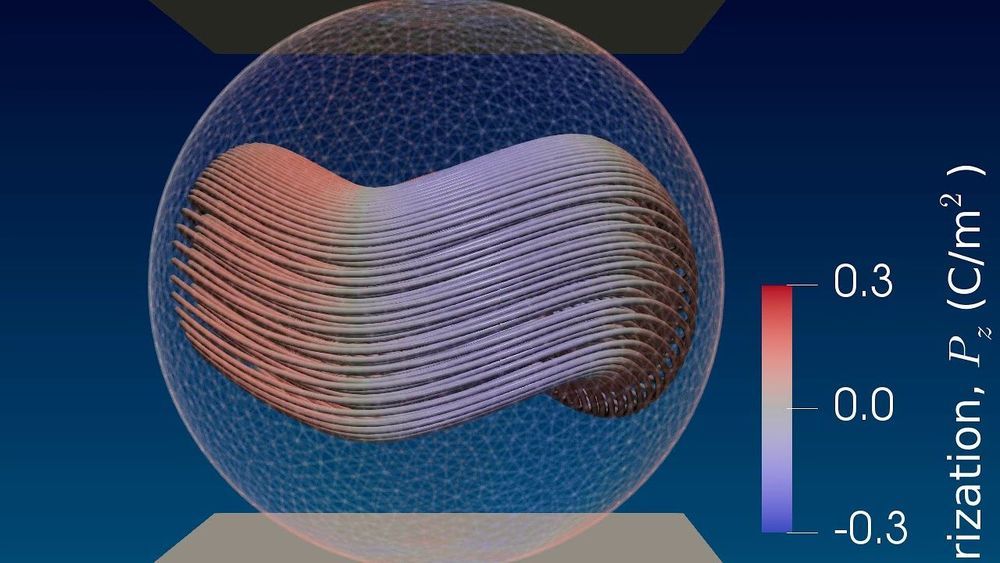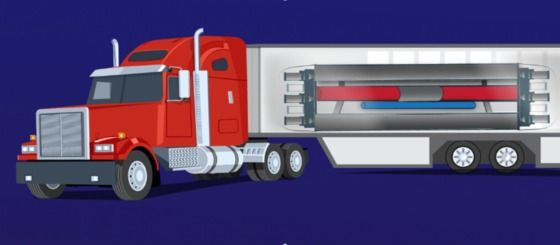
EXECUTIVE SUMMARY: The US Department of Defense has been working with American companies for the past year on a project to develop a prototype for a portable nuclear microreactor, a device intended for use by the US military in security scenarios around the world. The US Department of Energy is also involved in the project, with the aim of providing electricity to remote sites that are difficult to link to the grid. The project thus represents a symbiosis between military and civilian technological development.
A symbiotic relationship between military and civilian aspects of technological development gained momentum in the US after the end of WWII. This was particularly visible among applications in the communication, computing, and aerospace fields, but was also present in the field of nuclear technology. Some technology projects were presented as dual-use in order to justify the cost of their development.
One example of nuclear energy symbiosis was the development of nuclear power-generating reactors. By 1956, more than a decade after the destruction of the Japanese cities of Hiroshima and Nagasaki by nuclear bombs, only the UK’s Calder Hall nuclear power plant, which had four reactors each producing 60 MW electricity (MWe), was in operation. However, as of December 2019, 443 nuclear power generators were operating worldwide, with a total output of 395 gigawatts electric (GWe)—an average output of nearly 900 MWe per reactor.




